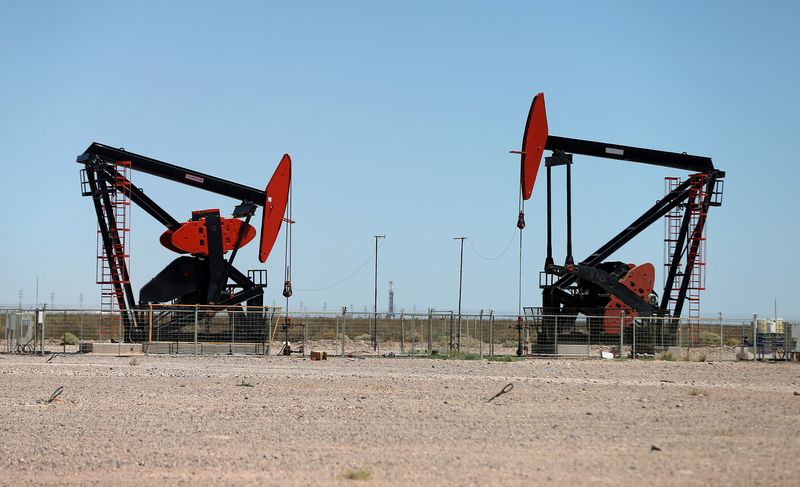By Georgina McCartney
HOUSTON (Reuters) -Oil prices settled lower on Friday but rose for the second straight week as investors weighed factors such as possible supply disruptions in the Middle East and Hurricane Milton's impact on fuel demand in Florida.
Brent crude oil futures settled down 36 cents, or 0.45%, at $79.04 a barrel. EDT. U.S. West Texas Intermediate crude futures settled down 29 cents, 0.38%, to $75.56 per barrel.
For the week however, both benchmarks rose by more than 1%. Money managers raised their net long positions on Brent crude by 123,226 contracts to 165,008 in the week to Oct. 8, according to the Intercontinental Exchange (NYSE:ICE).
"Markets can feel the tension, as Israel contemplates the size and form for their response to Iran's massive missile attack. If Israel destroys Iran's oil & gas infrastructure, prices will rise," said chief economist at Matador Economics, Tim Snyder, in a note on Friday.
Crude benchmarks spiked so far this month after Iran launched more than 180 missiles against Israel on Oct. 1, raising the prospect of retaliation against Iranian oil facilities. Israel has yet to respond.
"$75 per barrel for WTI is sort of the fair value area for elevated tensions," said John Kilduff, partner at Again Capital in New York.
Israeli Defence Minister Yoav Gallant has said that any strike against Iran would be "lethal, precise and surprising."
"We need to wait and see how Israel responds, but I think until that point the oil market will keep a risk premium," said UBS analyst Giovanni Staunovo.
Iran is backing several groups fighting Israel, including Hezbollah in Lebanon, Hamas in Gaza and the Houthis in Yemen.
Gulf states are lobbying Washington to stop Israel from attacking Iran's oil sites out of concern their own oil facilities could come under fire from Tehran's allies if the conflict escalates, three Gulf sources told Reuters.
Weighing on prices, Hurricane Milton plowed into the Atlantic Ocean on Thursday after cutting a destructive path across Florida, killing at least 10 people and leaving millions without power.
Gasoline shortages gripped the state earlier in the week as drivers stocked up ahead of the hurricane, with nearly a quarter of 7,912 gasoline stations in Florida out of fuel by Wednesday morning, but the destruction could go on to dampen fuel consumption in the hurricane's aftermath.
Florida is the third-largest gasoline consumer in the U.S., but there are no refineries in the state, making it dependent on waterborne imports.
And reservations over high crude inventories and a possibly more gradual monetary easing by the U.S. Federal Reserve have also helped put the recent rally in oil prices on hold, said Yeap Jun Rong, market strategist at IG.

On the supply side, Libya's national oil corporation (NOC) said on Friday it had restored oil production to levels before the country's central bank crisis as it reached 1.25 million barrels.
Meanwhile, easing third quarter earnings for big oil may have also weighed on investor sentiment, with weak refining margins due to a slowdown in global demand for fuel and lower oil trading, putting a dent in BP (NYSE:BP)'s third-quarter profit by up to $600 million, the British oil major said on Friday.